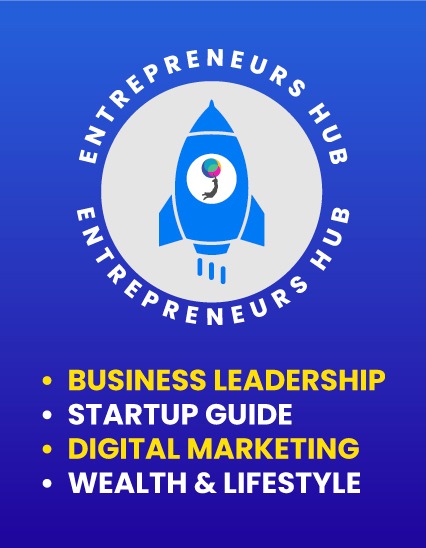Overcoming Competition: Unveiling Three Winning Strategies

Is the word “impossible” a realistic assessment or just an excuse to avoid trying? Believing in impossibilities holds us back from reaching our goals. Nevertheless, numerous business leaders have faced seemingly insurmountable challenges, such as competing against industry giants. Their remarkable success demonstrates that the impossible can indeed be conquered.
So, what’s their secret? Here it is: Even the largest companies have vulnerabilities. The smaller players who manage to snatch market share from these behemoths do so by spotting the weak spots, just like David observed Goliath’s. Furthermore, they excel at accurately predicting the subtle shifts within their industry or customer base. When small business owners identify potential crises in their field, they can react swiftly and build strengths where the bigger players cannot.
Let’s explore the three factors that can ignite a crisis in any business, allowing you to anticipate and respond effectively:
Lack of Preparation for Competition
If you stay prepared, you’ll never find yourself scrambling. Competition lurks around every corner, waiting for opportunities. Whenever something becomes more profitable or cheaper, new competitors emerge. Netflix, for instance, challenged and ultimately dismantled Blockbuster by creating an unforeseen crisis for the aging turnkey business. Blockbuster’s failure to anticipate this upheaval proved costly. The key takeaway? Anticipating competition is the only way to divert an imminent downfall.
Technological Transitions
Remember when owning a GPS device for your vehicle was considered cutting-edge technology? Having a Garmin meant you were ahead of the curve and would never lose your way. However, the rapid advancement of cellular phone technology rendered the need for a separate GPS device obsolete. Garmin could have easily succumbed to this change, but they chose to innovate and develop other valuable products to stay afloat. This illustrates crisis number two — the constant need to anticipate technological shifts.
Cultural Transformations
Once upon a time, we would visit record stores to purchase CDs. Then, along came Napster, and many people started downloading music for free from the internet. It became the norm, with the general belief that no one was getting hurt, right? Unfortunately, this rampant piracy severely impacted the music industry’s revenue streams. For the first time in history, artists struggled to profit from their own creations because people stopped buying them.
Now, let’s fast forward to the present. Enter iTunes. This platform revolutionized music consumption by allowing instant song or album purchases. Gone were the days of purchasing an entire CD when you only wanted a couple of tracks. iTunes eliminated the need to resort to online piracy. Its ease of use made it more appealing to buy a favorite song for just 99 cents rather than stealing it. Welcome to the digital age and a significant cultural shift.
Remember, nothing is truly impossible. Blockbuster failed to foresee the arrival of Netflix as formidable competition. Garmin didn’t anticipate the technological revolution, and the music industry overlooked the cultural change in music consumption. These giants paid dearly for their lack of anticipation and were forced to innovate, reinvent themselves, or perish. By applying these anticipatory techniques and fostering a culture of innovation, you can fearlessly tackle any competition that comes your way.



















